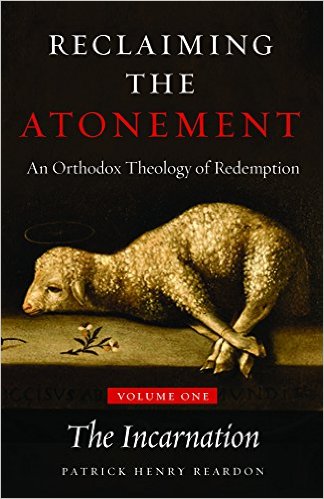- Dec 1, 2013
- 31,129
- 17,440
- Country
- United States
- Gender
- Female
- Faith
- Eastern Orthodox
- Marital Status
- Married
Hello all,
I replied to a non-Christian who has been reading about what Christ accomplished on the Cross and has sincere questions. I'm not really equipped to give more than basic answers, so I wanted to ask your help?
With your permission, I will share any suggestions, or if you might like to post there yourselves?
Thank you for any help.
I will share his request for more info, but you might want to read his other few posts in the thread for more context. Thank you so much!
I replied to a non-Christian who has been reading about what Christ accomplished on the Cross and has sincere questions. I'm not really equipped to give more than basic answers, so I wanted to ask your help?
With your permission, I will share any suggestions, or if you might like to post there yourselves?
Thank you for any help.
I will share his request for more info, but you might want to read his other few posts in the thread for more context. Thank you so much!
Do you actually have any good sources on the historical Christus Victor theories of atonement? Good suggestions for reading? Gustav Aulén has a pretty thorough book on it I think but he seems to believe it was sin, death AND the devil himself that Christ achieved victory over, not just death.
So if you have any specific criticisms of it, my major source for a lot of this stuff is Christus Victor: An Historical Study of the Three Main Types of the Idea of Atonement


